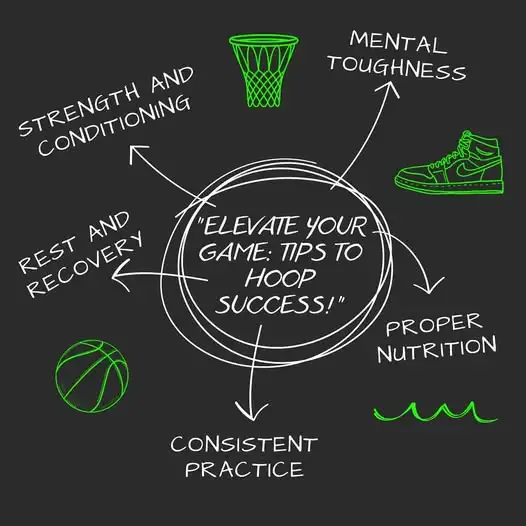Recovery isn’t a luxury for athletes — it’s a fundamental component of progress. Whether you’re a sprinter, a weightlifter, or a weekend warrior, your performance gains depend just as much on what you do after training as what happens during it. True recovery goes far beyond sleep and stretching — it’s a comprehensive, intentional process designed to restore strength, prevent injury, and optimize performance.
In this guide, we’ll explore the most effective recovery methods — from strategic nutrition to the right kind of rest — that every athlete should know to stay strong, focused, and injury-free.
Enhancing Recovery with Smart Supplementation
Meeting your body’s demands through food alone can be challenging when you’re training hard. That’s where targeted supplementation becomes a valuable asset. Supplements can help fill nutritional gaps, accelerate healing, and support long-term joint and muscle health.
Why Collagen and Micronutrients Matter
- Collagen supplements — especially those like Collagenly — can help maintain joint flexibility and aid in muscle regeneration, both crucial for injury prevention and longevity in sport.
- Vitamins A, C, and E play a key role in immune defense and reducing oxidative stress, particularly after intense workouts.
- Minerals like iron and calcium support oxygen transport and bone health — foundational elements for any athlete.
When integrated into a balanced recovery routine, the right supplements can boost energy, reduce soreness, and get you back to peak condition faster.
Rest: The Unsung Hero of Athletic Performance
Many athletes overemphasize training and underappreciate sleep. But rest isn’t passive downtime — it’s when the body repairs, recharges, and grows stronger. Consistent, high-quality sleep is arguably one of the most performance-enhancing tools you have.
Understanding Sleep’s Role in Muscle Recovery
- Deep sleep triggers HGH release, a hormone essential for tissue growth and repair.
- Glycogen stores are replenished during sleep, restoring energy for future workouts.
- Chronic sleep deprivation is linked to increased injury risk and reduced physical output.
Athletes should aim for 7–9 hours of quality sleep per night, and consider optimizing their environment — blackout curtains, consistent bedtime, and limiting screens — to support deeper rest.

Active Recovery: Movement That Heals
Sometimes the best way to recover isn’t by doing nothing, but by moving mindfully. Active recovery uses gentle, low-impact activities to promote circulation, reduce soreness, and keep the body in motion — all without overexertion.
Best Active Recovery Techniques
- Yoga and dynamic stretching: Improves flexibility and reduces muscle stiffness while calming the nervous system.
- Swimming: Engages the whole body while being easy on the joints — perfect for cardio without wear and tear.
- Light cycling: Boosts blood flow to muscles and maintains cardiovascular endurance without heavy impact.
Incorporating active recovery days into your training schedule helps prevent burnout and keeps your progress on track without pushing your limits too far.
Fueling Recovery Through Nutrition
Nutrition isn’t just fuel — it’s the building block of healing. After intense exercise, your body is primed to absorb nutrients, rebuild tissue, and reduce inflammation. What and when you eat can significantly influence how fast and how well you recover.
Core Nutritional Guidelines for Recovery
- Protein intake: Aim for 1.6–2.2 grams of protein per kilogram of body weight daily to support muscle repair and growth.
- Antioxidant-rich foods: Fruits and vegetables help neutralize inflammation and speed up healing.
- Hydration: Water assists in nutrient delivery and flushes out metabolic waste. Don’t overlook electrolytes if you’re sweating heavily.
- Recovery timing: A post-workout meal with carbs and protein within 30 minutes aids glycogen restoration and tissue repair.
Planning your meals with recovery in mind makes a major difference in how you feel the next day — and how you perform in the long run.
Conclusion
Recovery isn’t an afterthought — it’s a central part of athletic success. The more intentional you are with how you rest, refuel, and move post-training, the more your body will respond with strength, resilience, and readiness. From adding collagen supplements to prioritizing restful sleep and active recovery, every decision off the field impacts what you can do on it.
Whether you’re competing professionally or training for personal goals, embracing these recovery strategies will help you bounce back stronger — every single time.






